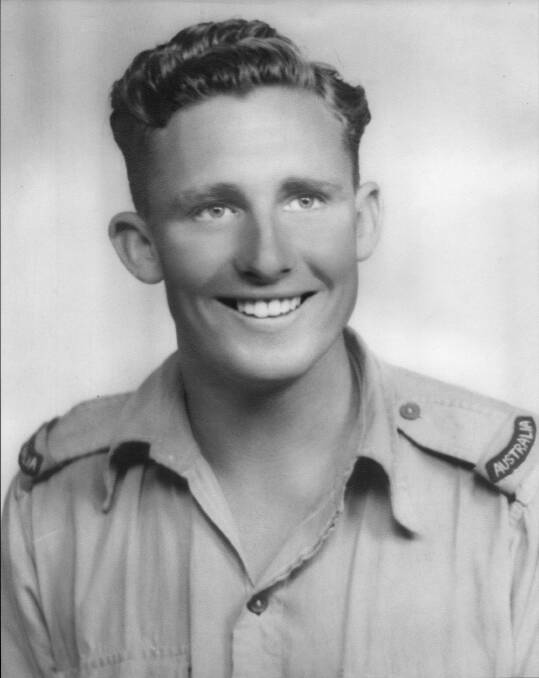
One of the beautiful things about writing history books is that you get to talk to people – real people.
Subscribe now for unlimited access.
$0/
(min cost $0)
or signup to continue reading
In 2011 advertised far and wide in as many publications as I could, aiming to reach as many veterans of the 1st Australian Armoured Division (who had been in Gunnedah during World War 2) as I possibly could. I was rewarded for my efforts by the conversations I had with some of the kindest, most thoughtful, sharp and witty folk that I have ever had the pleasure of chatting with.
What struck me most about all of them, almost without exception, was their humility. I would pick up the phone to answer an inquiry to one of my information requests and the first thing out of the veteran’s mouth was “I don’t know if I can tell you much” or “I really don’t think I can help you”, then, two hours later, with both of us hoarse I would hang up with profuse thanks and shout (quietly) to my husband “that’s anotherie” – meaning, of course, that the information was wonderful, as was the conversation.
Sometimes ‘talking’ took the form of letters, or scans or newspaper clippings sent to me by the veteran or by their family.
Quite often people could write what they couldn’t say, most particularly if their families were involved. Real people have real pain, and at times it is easier to speak to someone who they don’t know and hold dear.
Sometimes that someone was me. Sometimes, somehow, an occasional digger could break the shackles of verbal silence and share with me – and it was then that I felt that I had done them as much of a service as they had done me.
One such digger was Lew. Lew saw service with the Division until its disbandment and then, unlike most his mates, ended up in ‘hot’ active service in the Islands.
Lew had taken the opportunity to go, as a driver, with his former unit OC – a man and an officer whom he held in high regard. One day, while on his way back to camp having been on an errand, he saw an Allied plane come in so low that it took the tops of the trees out just before it hit the ground ... in the middle of the camp where Lew’s mates were tented.
Lew described, through fits and starts, punctuated by tears and dreadful silences, that his OC had survived the plane hitting his command tent but the explosion had effectively broiled him.
The only place on his entire body that they could find with skin to stick the morphine needle in was the tip of one finger.
Just let that sink in for a moment. How horrifically burnt, damaged must this man have been?
Lew said that he has never forgotten his screams nor the smell of burning flesh, and while he didn’t say it – I reckon he experienced it in his nightmares as well, in vivid, vicious technicolour.
Lew had survived, through no fault of his own, and had never forgiven himself, never quite let go of the guilt that he had outlasted the war and had a long, successful and happy life.
Somehow that fulfillment of a life well lived was almost as cruel as the screams.
It took me a while to realise that while Lew had rung up to speak to me he hadn’t ring up to tell me of such grief – he had just suddenly found himself comfortable talking about something that he had never told another living soul. Some, but not all, of the burden was lifted.
Just a couple of short years later, with a beautiful smile to go with his beautiful soul, Les was called home and he was, at that moment of death, freer than he had been ever in life.

